
Diabetes is one of the most common diseases in the world, affecting more than 30 million people. It’s also among the most preventable and controllable.
Suppose you have diabetes or are at risk of developing it because of your family history. In that case, you should make sure that you eat a healthy diet full of fiber-rich foods that provide satiety and other nutrients like protein, healthy fats, and low-glycemic carbohydrates (fruits, and vegetables).
Grains and Gluten
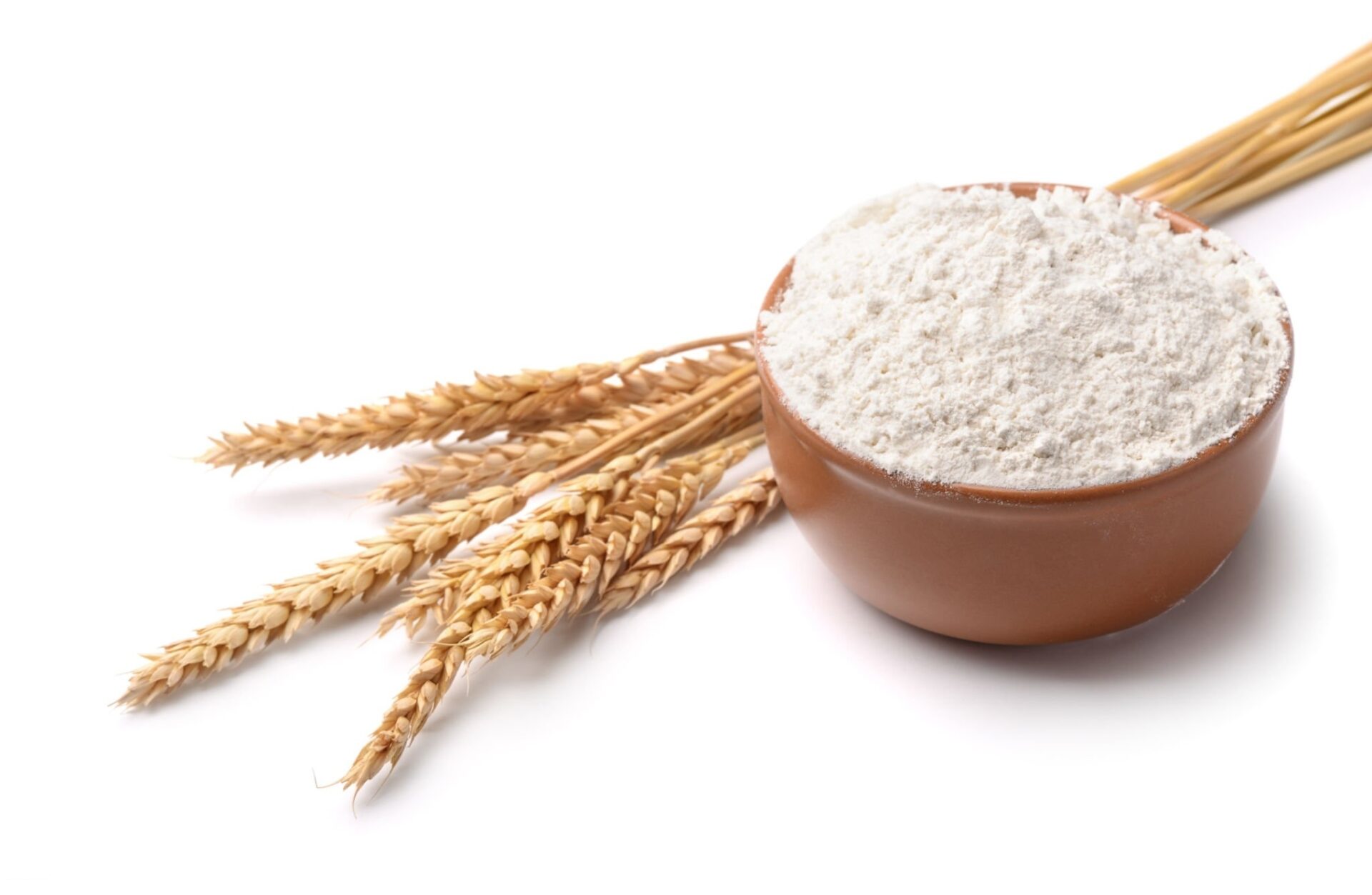
Gluten is a protein found in wheat, rye, and barley. It’s used to make bread, cakes, and pastries, and it’s also found in some other foods such as soy sauce.
Gluten-free foods are becoming more popular due to concerns about the harmful effects of gluten on people with diabetes or celiac disease (a condition that causes intestinal damage when you eat certain proteins).
You can find many gluten-free options at supermarkets these days, however, if you’re looking for a complete meal plan with all your meals prepared from scratch then check out our guide here:
Beans, Legumes, and High-Protein Vegetables
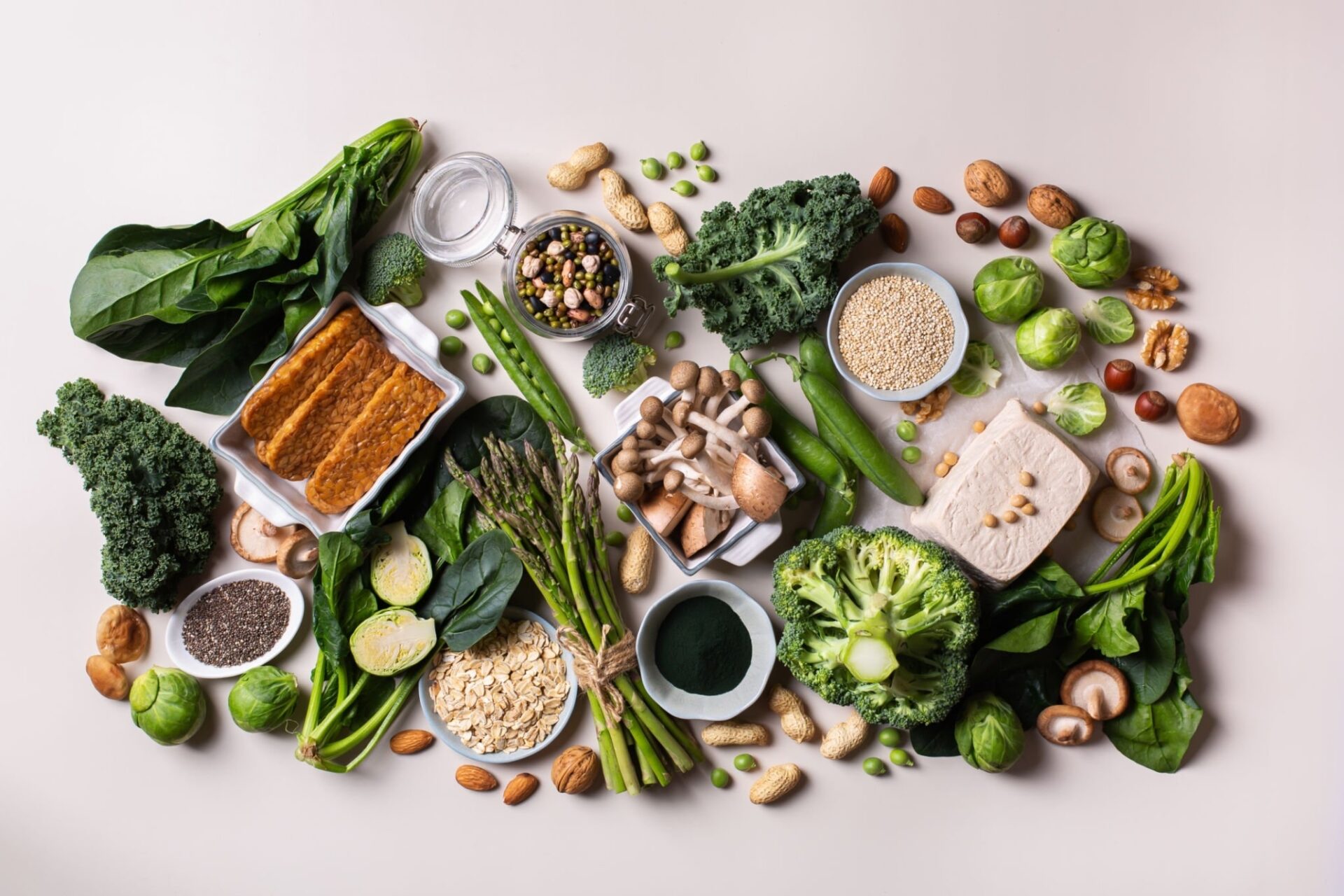
Beans and legumes are great sources of protein, fiber, iron, and folate. They can also help you lose weight if you are on a low-carb diet.
However, it is important to remember that beans contain carbohydrates so they should be consumed in moderation.
Beans and legumes have a neutral effect on blood sugar levels so they are an appropriate choice for diabetics who need to control their glycemic index (GI).
High-protein vegetables provide essential nutrients and can be a great source of plant-based protein. They can also help increase satiety and support weight management, muscle building, and overall health.
You might want to choose organic varieties as non-organic ones may be contaminated with pesticides or other chemicals that could cause damage over time.
Healthy Fats and Oils
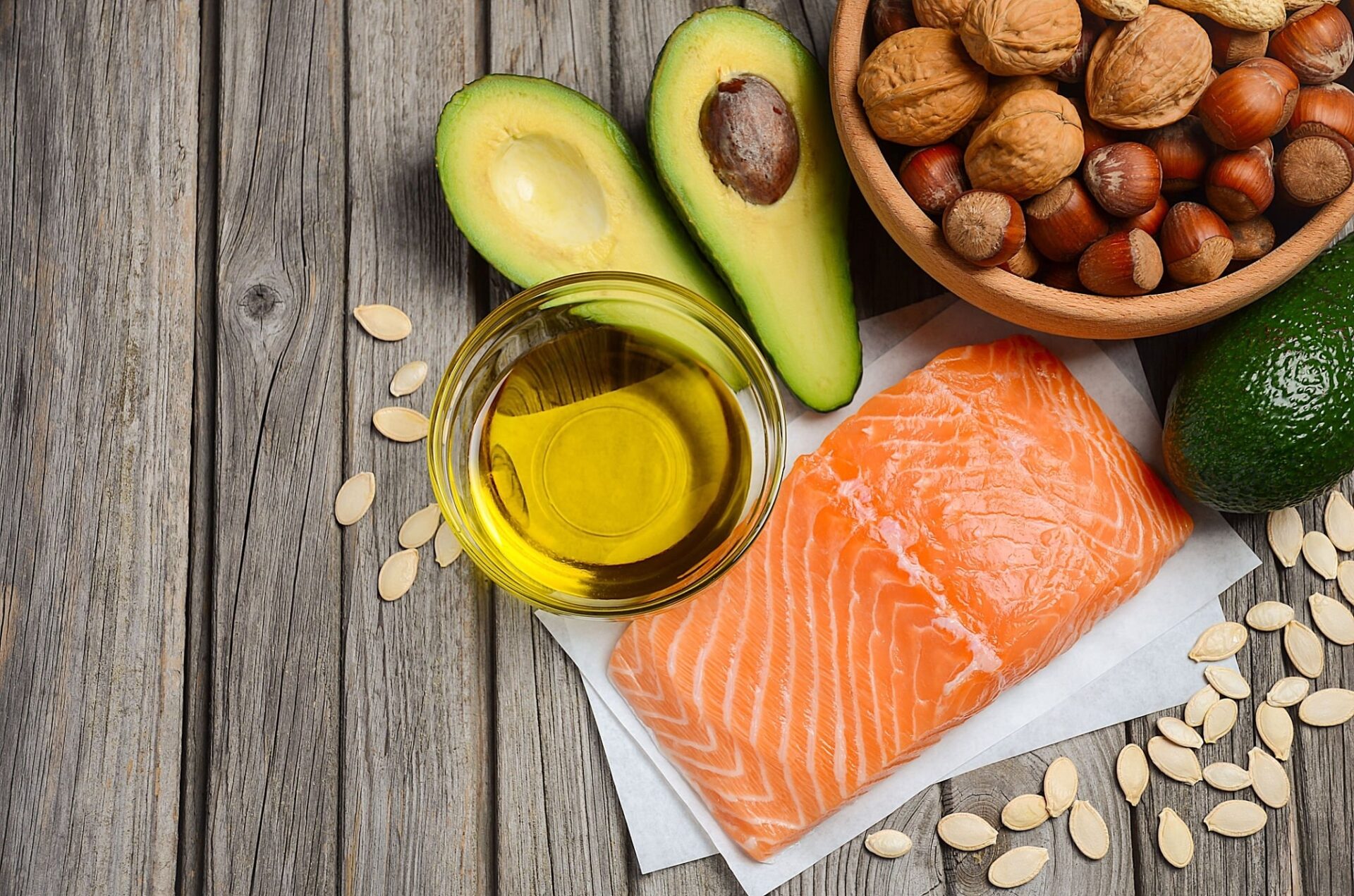
Healthy fats and oils are one of the most important components of a healthy diet. They help maintain a healthy weight, support brain function and protect against chronic disease.
Fats and oils can be found in many different foods including avocados, olives, nuts and seeds (peanuts), coconut oil, olive oil, or flaxseed oil as well as certain fish like salmon or trout because they have omega-3 fatty acids (ALA).
These nutrients also come from nuts like almonds or walnuts but these contain even more ALA than do other sources such as flaxseeds which have 2 grams per ounce compared to 4 grams per ounce for almonds!
The best way for diabetics who want to manage their blood sugar levels is through proper planning so that you know what foods you should include in your meals plan along with keeping track of what you eat throughout each day so that there aren’t any surprises when it comes time for bedtime snacks later tonight…
Low-Sugar Foods

- Sugar is not good for you.
- Sugar is addictive and can cause weight gain, which further contributes to diabetes complications.
- It’s not just any type of sugar, it’s high fructose corn syrup (HFCS) that’s bad for your health. HFCS has become a popular food additive in many processed foods because it’s cheaper than regular table sugar, but research has shown this sweetener has adverse effects on the body similar to those found with refined white table sugar, including raising blood glucose levels and contributing to insulin resistance over time.
Dairy Products
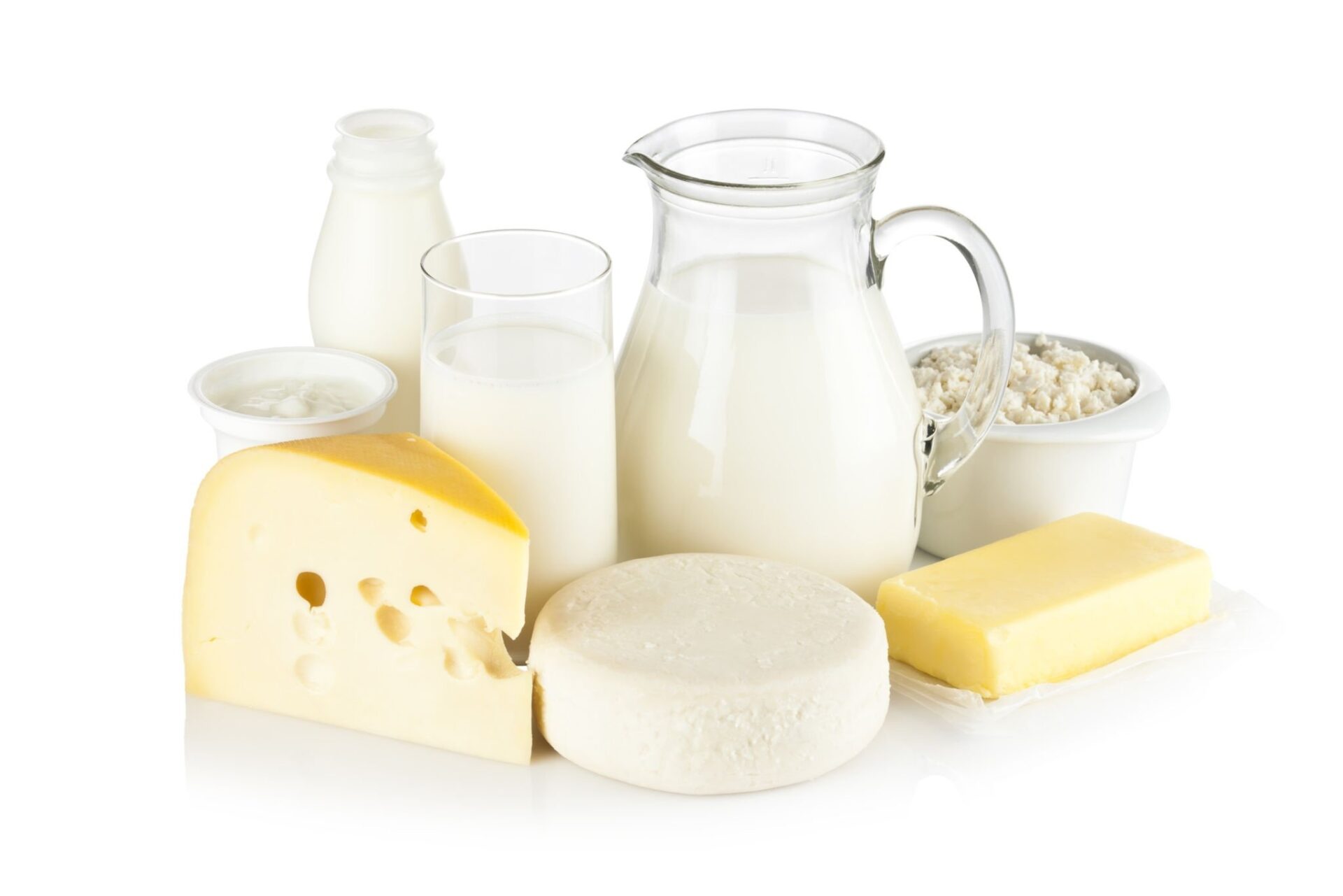
Dairy products are a great source of calcium, which is important for healthy bones. They also contain other nutrients, including protein and vitamins A and D.
The best way to get dairy into your diet is by drinking milk or eating cheese, both of which can be found in many different forms!
You may want to try out some new recipes that incorporate these foods into your meals or snacks:
- Cheese omelet with tomatoes and spinach
- Yogurt parfait
- Chocolate chip cookies made with whole wheat flour instead of white flour
Eggs and Meats
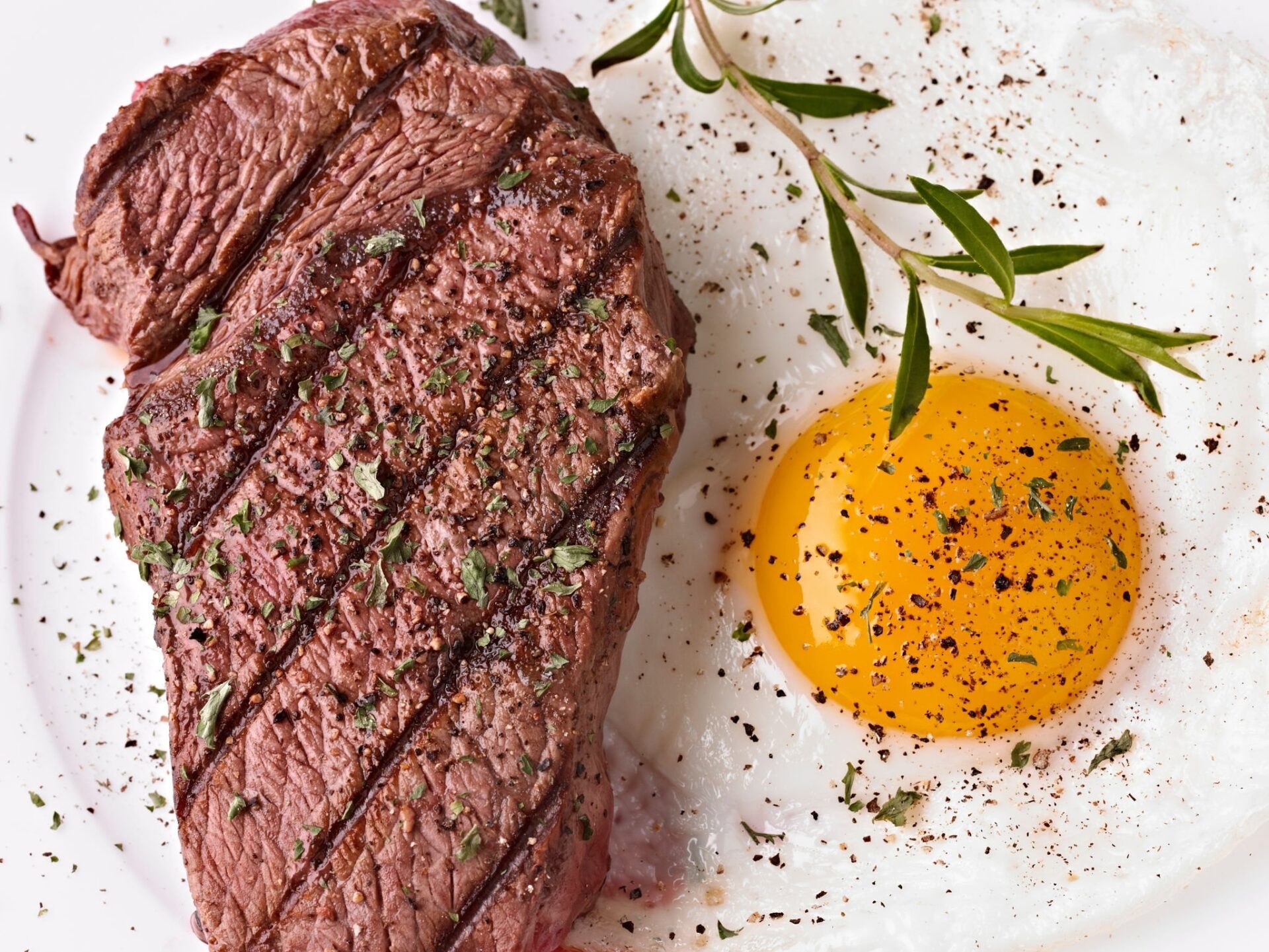
Eggs and meat are the two best protein sources, which are important for managing diabetes. They also contain fats, which help reduce blood glucose levels.
However, eggs and meats are not the best sources of fiber because they lack it. This can lead to digestive problems as well as an increased risk of heart disease and stroke.
Eggs are high in cholesterol so you should only eat them if you have had a checkup with your doctor first to make sure that your body doesn’t need any extra cholesterol from eating these foods.
Also, keep in mind that bacon or sausage patties contain nitrates which may increase blood pressure when consumed over long periods – so avoid eating them altogether!
Eat foods that are high in fiber, protein, and healthy fats and low in sugar and refined carbohydrates
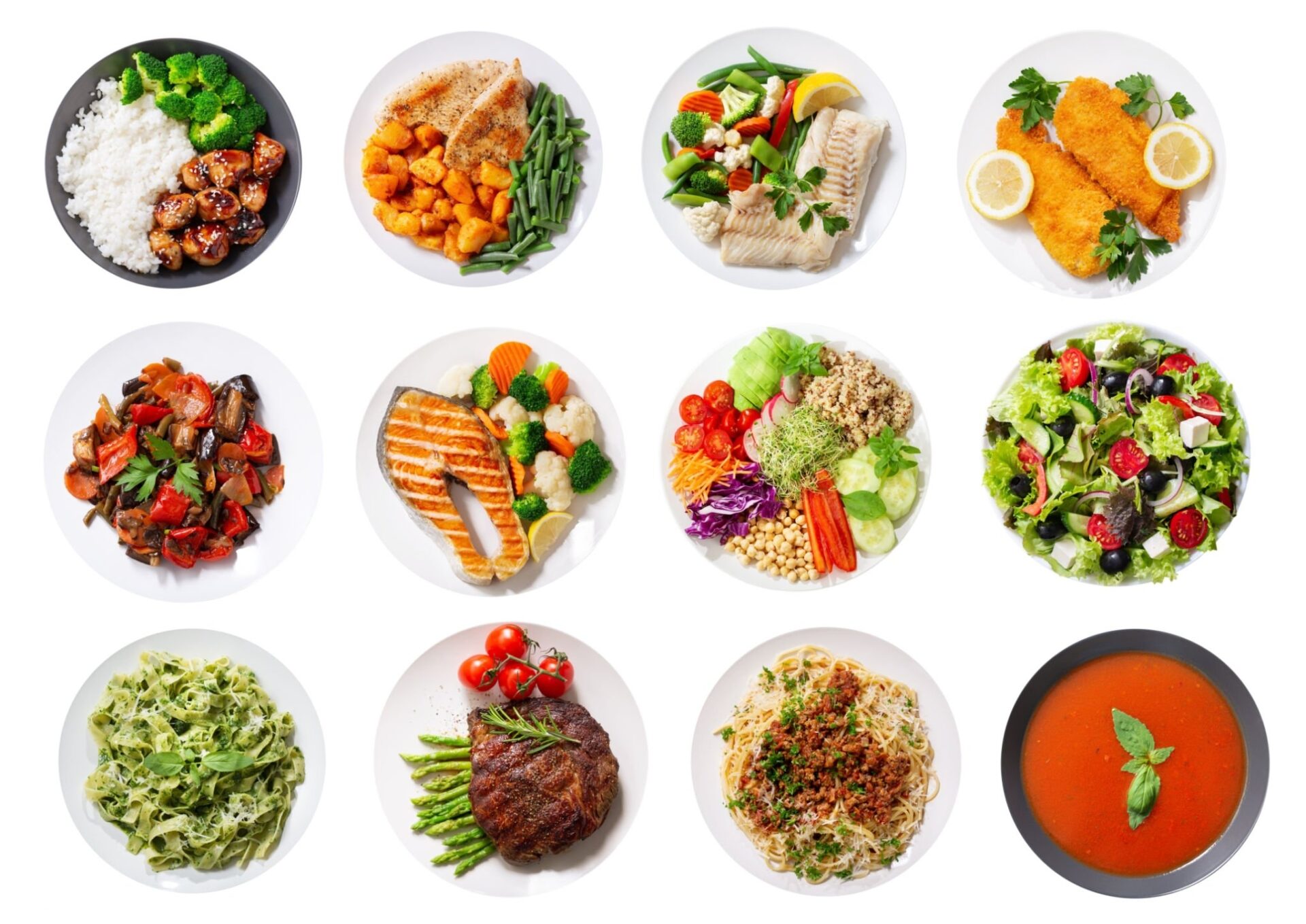
High-fiber foods include:
- Vegetables (e.g., broccoli, cucumber, and celery)
- Whole grains (e.g., oatmeal, brown rice, and quinoa)
A high-protein food contains most of its calories from protein rather than carbohydrates or fat, examples include beef, poultry, and fish.
Protein helps you feel full longer than other nutrients do so it can help keep blood sugar levels steady throughout the day.
Healthy fats are another important ingredient in controlling your appetite because they have been shown to reduce fatigue while also improving mental function.
Low-sugar foods provide energy without contributing to weight gain, and they’re good for your heart too! Dairy products like milk contain calcium which is important for bone health.
Fruits such as apples are also excellent sources of fiber but are high in fructose which may cause increases in blood fructose levels if consumed too much regularly over time.
Conclusion
The best foods for diabetes management are the ones that will keep your blood sugar levels under control and help you stay healthy.
These foods include high-fiber, protein-rich plant-based foods like beans, legumes, and whole grains, low-glycemic fruits and vegetables, dairy products such as yogurt or milk, eggs, and lean meats.
If you have any doubts about which food types can help manage your condition, consult with your doctor first as he or she may recommend a different diet depending on your individual needs or situation.


